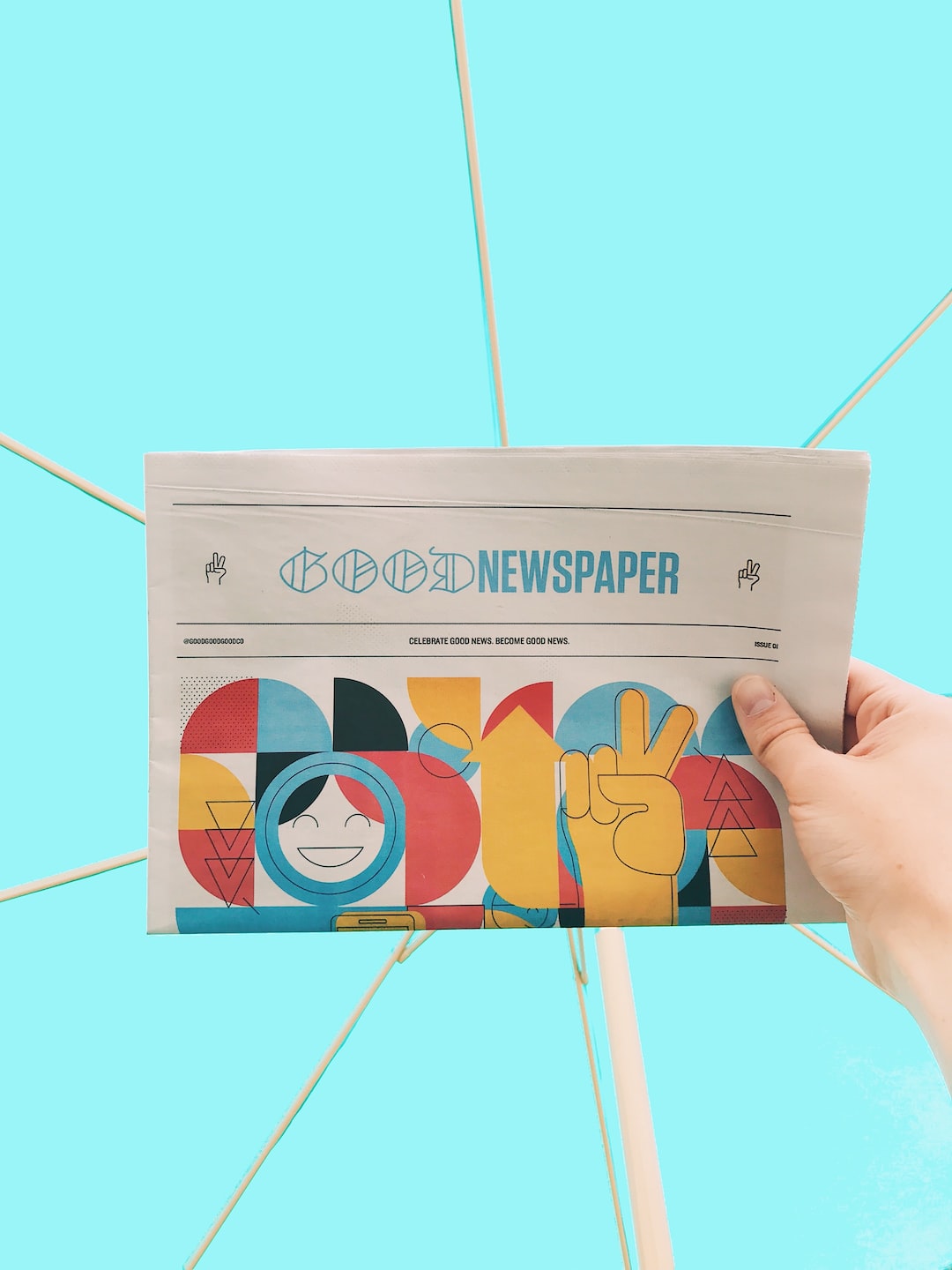The Power of Memes: How Internet Culture Shapes Media
In this digital age, internet culture has become an integral part of our lives. With the rise of social media platforms, one cannot escape the constant flow of information, trends, and most importantly, memes. Memes have transformed from mere humorous images or videos to powerful tools that shape media and influence public opinion. They have become a new language, a cultural phenomenon that connects people from all walks of life.
So, what exactly are memes? Memes are viral ideas that spread rapidly through the internet. They come in various forms, but they all share one common characteristic – humor. A typical meme is a combination of an image, video, or text that conveys a specific message or idea. They are quick, catchy, and easily shareable, making it effortless for them to go viral.
However, memes are not just confined to the realm of humor. They have evolved into a means of political and social commentary. From political debates to important societal issues, memes have the power to capture the essence of a topic and relay it in a relatable and humorous way. They offer concise and digestible commentary on complex subjects, making them accessible to a wide range of audiences.
One of the remarkable aspects of memes is their ability to shape public opinion and influence mainstream media. In today’s fast-paced world, memes act as a catalyst for connecting people, enabling them to voice their thoughts and concerns. The power of this digital culture is highlighted by the fact that politicians, celebrities, and even news agencies have started incorporating memes into their communication strategies. Memes have become a way to engage with younger audiences and demonstrate a sense of relevance in an ever-changing landscape.
In addition to shaping public opinion, memes have also disrupted traditional media formats. They provide an alternative narrative to official news sources, often challenging the mainstream narratives. Internet communities are adept at using memes as a response to current events, effectively critiquing or satirizing the information presented by the media. By doing so, memes act as a counterbalance to the dominant media discourse, encouraging critical thinking and diverse perspectives.
Furthermore, the power of memes lies in their ability to personalize content. Memes can be easily customized or modified to reflect the experiences and perspectives of individuals. They offer a sense of belonging to online communities and allow individuals to express themselves creatively. This customization aspect has led to the rise of subcultures within the meme community, each with its own set of images, language, and references. These subcultures contribute to the ever-evolving nature of memes and ensure their relevance in a rapidly changing online environment.
However, as memes continue to grow in popularity, ethical questions arise regarding their use and impact. Memes have been associated with cyberbullying, misinformation, and the spread of harmful ideologies. While this negative aspect cannot be ignored, it is important to remember that like any form of communication, memes are subject to interpretation and the responsibility lies with the creators and consumers. The challenge is to educate and promote responsible meme-sharing practices, encouraging critical thought and empathy within these communities.
The power of memes has shown its influence beyond the virtual world as well. Memes have become an essential part of popular culture, with catchphrases and images entering the mainstream lexicon. They have the ability to transcend digital boundaries and seep into real-life interactions. Memes have become a common language, understood and embraced by individuals across the globe. It is this universality and relatability that makes memes such powerful vehicles for communication and media shaping.
As we navigate the ever-evolving digital landscape, it is crucial to acknowledge the power of memes. They have shown that humor and wit can be catalysts for change, providing a voice to those who may have otherwise been overlooked. Memes have become agents of social and political commentary, urging us to question and dissect the information presented by mainstream media. With their ability to connect people and create communities, memes are not merely trivial internet phenomena – they are a reflection of our culture and an influential force that shapes the media landscape.
